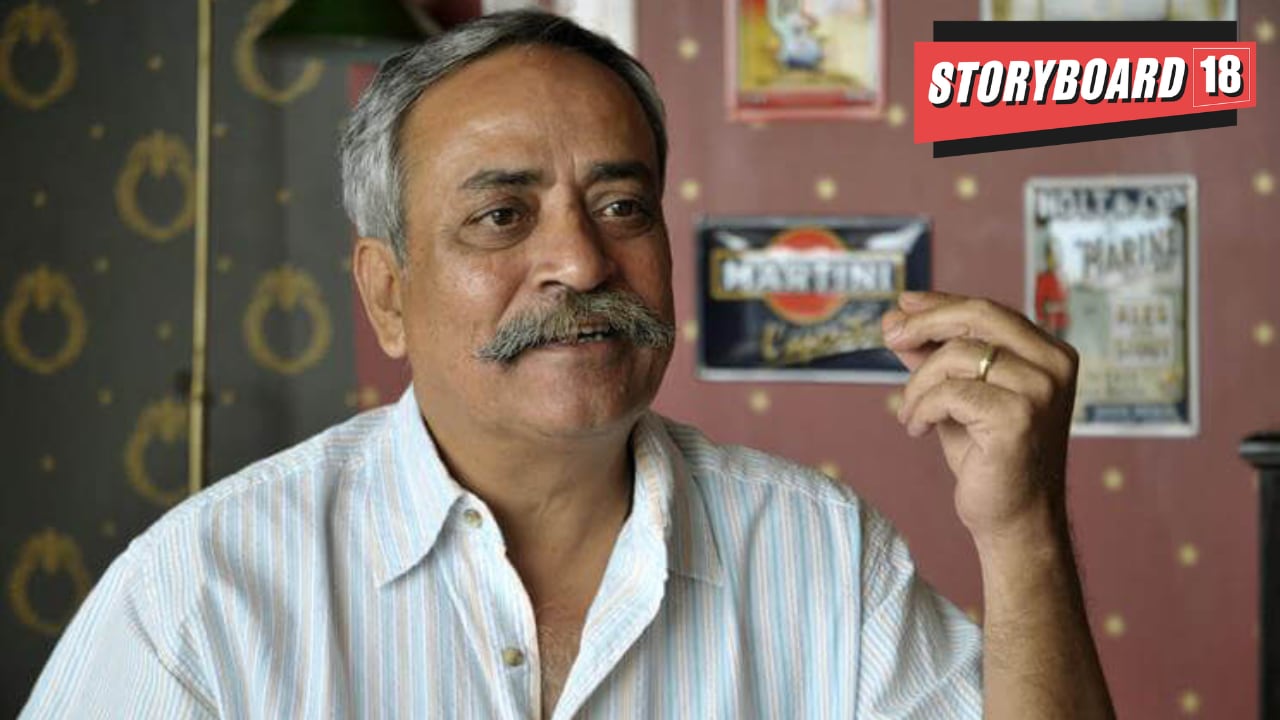In the archives of sporting history, few phenomena have captured the imagination and redefined the landscape of cricket quite like the Indian Premier League (IPL). From its humble beginnings as a visionary concept to its meteoric rise as a global sporting extravaganza, the IPL stands as a testament to the ingenuity and foresight of its architects like Lalit Modi and Piyush Pandey.
The seeds of the IPL were sown in the mid-1990s when Lalit Modi first proposed the idea of an Indian Cricket League (ICL). Modi invited invited Olgilvy’s iyush Pandey along with Arun Lal (former cricketer) and Amrit Mathur (veteran cricket administrator) to write the proposal for an NBA-like cricket league in India.
Lalit Modi is an Indian businessman and former cricket administrator who played significant roles in the cricketing sphere. Serving as the Vice President of the BCCI from 2005 to 2010, he made substantial contributions to the development of Indian cricket during that period. Additionally, Modi held the presidency of the Rajasthan Cricket Association from 2005 to 2009 and again from 2014 to 2015. He also served as the Vice President of the Punjab Cricket Association from 2004 to 2012, showcasing his extensive involvement in regional cricket administration. Despite overseeing the successful establishment of the Indian Premier League (IPL), Modi’s tenure was marred by controversies, ultimately leading to his removal from positions within the BCCI and the IPL due to allegations of corruption and misconduct.
Collaborating with the US-based API Sponsorship and ESPN, Modi sought to revolutionise the cricketing landscape by introducing a franchise-based league akin to the NBA. However, bureaucratic hurdles and resistance from the Board of Control for Cricket in India (BCCI) thwarted his initial efforts, as per many reports in the press.
Undeterred by setbacks, Modi persisted, recognizing the potential of a franchise-based cricket league in India’s cricket-crazy milieu. Years later, in collaboration with Piyush Pandey, Modi revisited the concept, refining it to align with the burgeoning popularity of the Twenty20 format, catalysed by India’s triumph in the inaugural T20 World Cup in 2007.
Later, his idea gained a competition. Founded by Zee Entertainment Enterprises in 2007, the Indian Cricket League (ICL) emerged as a bold endeavour to challenge the traditional cricketing hierarchy. Unveiled amidst fanfare, the ICL sought to capitalise on the growing popularity of Twenty20 cricket, offering a platform for players from around the world to showcase their talents in a franchise-based tournament.
However, the ICL encountered immediate resistance from the cricketing establishment. BCCI and the International Cricket Council (ICC) refused to recognize the league, viewing it as a rebel faction that threatened their authority and commercial interests. Moreover, the BCCI’s discontent deepened as several of its own committee members joined the ICL executive board, further exacerbating tensions between the two entities.
In response to the emergence of the ICL and buoyed by India’s triumph at the 2007 T20 World Cup, the BCCI unveiled its own franchise-based Twenty20 tournament – the Indian Premier League (IPL). Spearheaded by BCCI Vice-President Modi, the IPL aimed to revolutionise cricket administration and entertainment, offering a lucrative platform for players, sponsors, and broadcasters alike.
Modi’s journey towards realising the IPL was marked by strategic manoeuvring and relentless determination. He infiltrated the corridors of power within the BCCI, ascending to the position of Vice President of the Punjab Cricket Association (PCA). Leveraging his business acumen and political savvy, Modi orchestrated a seismic shift within the BCCI, paving the way for the inception of the IPL.
His negotiations with then-BCCI chief Sharad Pawar, coupled with the looming threat of competition from media mogul Subhash Chandra, compelled the BCCI to greenlight the IPL.
The tournamnet we have today is based on Pandey’s reworking of the original draft proposal. The auctioning of franchise teams and the lucrative broadcast rights underscored Modi’s ability to navigate the intricate web of cricketing politics and corporate interests.
While Lalit Modi orchestrated the logistical and administrative facets of the IPL, Pandey, hailed as the ‘Ad Man of India,’ injected the league with a distinct identity through his creative brilliance. Pandey’s involvement in crafting the IPL’s inaugural campaign, ‘Karmayudh,’ exemplified his ability to encapsulate the league’s ethos and appeal through compelling storytelling and innovative advertising strategies.
A former cricket player and diehard fan of the game, Pandey, along with his brother Prasoon, an experienced ad film director, and music director Ram Sampath, successfully completed the creation of the lines, visuals, and music for the ad film ‘Karmayudh’ within just 24 hours. Faced with the challenge of meeting this tight deadline, Pandey drew inspiration from a poem in Veer Ras that his father used to share with him.
Pandey’s pivotal role in drafting the IPL proposal in the mid-1990s underscores his enduring connection to the sport and his foresight in recognizing the potential of a franchise-based cricket league in India.
Since its inception in 2008, the IPL has evolved into a global sporting juggernaut, captivating audiences with its blend of cricketing prowess, entertainment, and commercial spectacle. Lalit Modi’s audacious vision and Piyush Pandey’s creative stewardship played instrumental roles in transforming the IPL from a fledgling concept into a multi-billion-dollar enterprise. From the glitzy auctions to the electrifying matches, the IPL has become synonymous with cricketing excellence and spectacle. Its impact extends far beyond the boundaries of the cricket field, shaping the trajectory of Indian cricket and revolutionising the sporting landscape worldwide.
